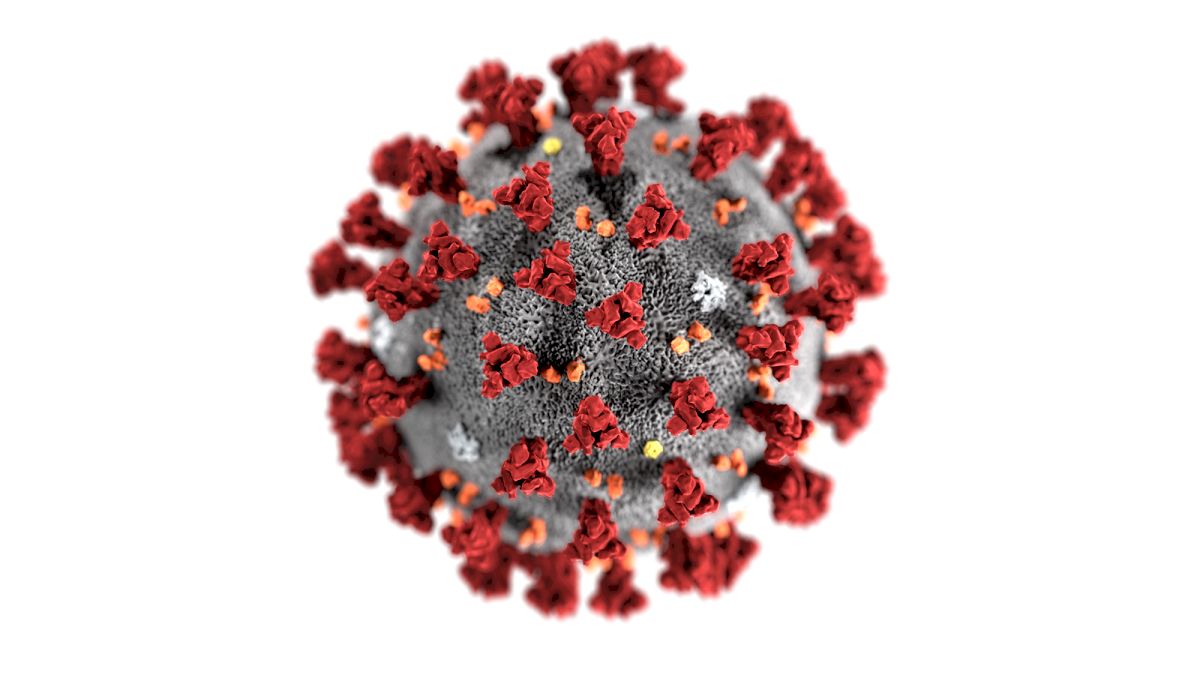'Fear Kills Intellect': COVID-19 Has Tremendous Impact On College Football
'Fear Kills Intellect': COVID-19 Has Tremendous Impact On College Football
Campuses across the country are closed during a time that overlaps with the majority of college football's spring practice schedules.

Campuses across the country closed in recent days, adhering to recommendations the Center for Disease Control (CDC) set forth in combatting the spread of novel coronavirus or COVID-19.
The timing of these closures overlaps with the majority of spring football practices throughout the Colonial Athletic Association, and have created a difficult and unprecedented situation for coaches.
“I used to joke, people asked me what I do for a living? I’d say, ‘I juggle chainsaws that are on fire,’” said Towson coach Rob Ambrose. “Honestly, these days, it’s a lot closer to the truth than it isn’t.”
The mental imagery conjured up in Ambrose’s signature humor conveys the stress and difficulty unique to teams during this crisis.
“It’s weird and a little scary all at the same time, and the uncertainty of what is going on, how long it will go on is probably the scariest part,” said Villanova coach Mark Ferrante.
CAA Football cancels all remaining spring practices at member institutions
— CAA Football (@CAAFootball) March 13, 2020
? https://t.co/QgUUPUQrzo pic.twitter.com/0bsljdoY8X
Only William & Mary, which held its spring game on Feb. 29, had anything resembling an offseason regimen. Conference counterparts including Elon and Richmond opened their camps, but players barely had time to break in their cleats before the CAA announced its coronavirus suspension on March 12.
In a sport so reliant on routine and scheduling, the uncertain timetables COVID-19 quarantining and social distancing create can be nerve-racking.
“For Type-A personalities – which is us, head football coaches – this is the psychological internal challenge,” Ambrose said.
Much more serious consequences also ride on the cancellation of football activities this spring, the highest priority of which have nothing to do with the game.
“The thing we’re worried about, planning for is learning completely online without any campus resource,” Ambrose said. “Some guys can’t sit through those type of things. Now they have no choice, and have no resources on hand to be able to help them with that.”
A key element to college sports is the academic component. Study tables, working with tutors, even physical learning centers play a part in the educational process.
With students not allowed on campus, these are invaluable resources either made unavailable or exceedingly difficult.
Nova Nation – This year, spring looks very different. We miss seeing our student-athletes competing at the highest level and seeing all of you cheering them on.
— Villanova Athletics (@NovaAthletics) March 19, 2020
Though game days are over for now, remember we are all in this together, a part of something greater than ourselves. pic.twitter.com/tpbMnlZT3M
Ferrante said his staff have discussed the prospect of conference calls through online applications such as Skype, an idea that could extend to the academic side of football players’ interrupted routines.
Another part of that routine for a variety of players in any program: physical rehabilitation.
Dedicated medical and training staff navigate the rehab process for athletes across all sports, but football has both the highest number of participants, and its inherent physicality takes a high toll.
Using Towson as an example, the Tigers 2020 roster features players from California, Illinois, Florida, Massachusetts, and even Finland and Germany.
Physical therapy cannot just stop, but finding places local to every athlete in need can be a cumbersome task.
“My staff’s done a really great job, they’ve reached out to all these kids in all these municipalities and all their healthcare providers or providers within network that we know people,” Ambrose said. “It’s really been a grassroots [effort], because you can’t just say, ‘Hey, go to that clinic.’ We’re calling people we know.
“Healthcare has to be prioritized,” he said.
Not the spring anyone expected a week ago, but we stand with our student-athletes who are responding to adversity with great strength and humility.#GoDukes | #UnitedAsOne pic.twitter.com/RNkRpMImzy
— James Madison Athletics (@JMUSports) March 19, 2020
At the same time, the healthcare system in the United States is bracing for potential overload associated with new and worsening cases of coronavirus. Ambrose said players who planned procedures for the spring are cancelling because, “they’re just not important enough to have to be done right now.”
And while the consequence is secondary to the overall health of society, a delayed procedure for an injured football player delays his return to practice, which delays the return to competition.
It’s something of a domino effect that, like the other byproducts of trying to flatten the coronavirus curve, will drastically change how the 2020 season will play out.
“How do you not go backwards in football?” Ambrose asked rhetorically. “How do you not go backwards in strength and conditioning when you can’t go to a gym and can’t work out with your team? People are getting creative on how you come up with a workout that isn’t just running down the street.”
Football takes a backseat to the academics and healthcare, but all are valid questions. In the early stages of social distancing, and with the extreme fluidity of the situation, there are no right answers.
“Nobody’s going to get this right 100 percent, no matter what we do, but the more time you have, the more you’re coming from a place of intelligence and not fear,” he said. “Fear gets you to react and respond, but if you don’t have a plan, who knows how that reaction’s going to go?
“Fear kills intellect,” he added.